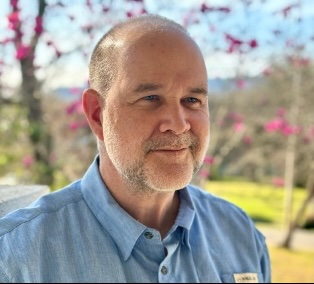Learning to listen to God
Our distraction bubble consists of the totality of things that are competing for our attention. It is sights, sounds and screens to be sure, but it is more than environmental noise. It consists of our inner voice—you know, the one that is constantly telling you what you what you should or shouldn’t be doing right now, what texts, emails, or calls to respond to or not, whether you need to eat, where you should eat, what you should do tonight, etc. In short, our distraction bubble can have a lot going on inside it that keeps us from focusing on whatever our business at hand should be.
But it does more than that. Our distraction bubble can keep us from hearing God’s voice and experiencing His presence. This in turn robs us of purpose and peace. No one I know wants to live this way.
After a busy Sabbath that included teaching and casting out an unclean spirit from a man in the synagogue, healing Peter’s mother-in-law as well as others who were brought to her house well into the night, we’re told that “Very early in the morning, while it was still dark, Jesus got up, left the house and went off to a solitary place, where He prayed” (Mark 1:35). There was a lot of noise going on in Jesus’ life. It wasn’t bad noise—it had been generated by Jesus’ appearance in Capernaum. People were responding to Him by seeking healing for their loved ones (v. 32). Still, Jesus had to have been fatigued after such a busy day.
So He got up and went to a quiet place where He could be away from noise and distraction and get in touch with His Father. Luke tells us that Jesus “often withdrew to lonely places and prayed” (5:16). This is how Jesus found renewal. Eugene Peterson reminds us that “Prayers are not tools for doing or getting, but for being and becoming.”
All this speaks to the meditative (listening) aspect of prayer that is to a large degree absent with us but so essential to prayer. Peterson goes on to talk about how if we speak without first listening, we speak out of context. And in the same way, if we pray without first listening to God, we are praying out of context.
Distraction bubbles are part of our lives as they were part of Jesus’ life. They’re not going anywhere. We can regularly pop those bubbles by turning off all our devices that anesthetize us, tuning out the noises around and within us, and listening to God. We will be tempted to think that we don’t have time for this, but the vital truth is that we don’t have time not to take time to do this.
Find more of Bruce’s writings at his website: a-taste-of-grace-with-bruce-green.com.

